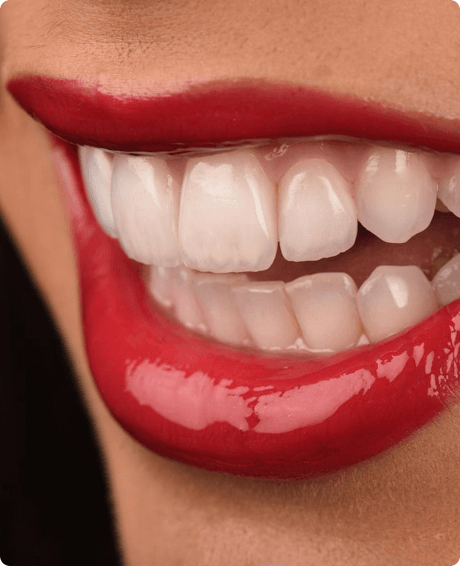Did you know that good oral hygiene can improve your health and prevent many diseases such as diabetes and rheumatic disease?
It has long been known that a large number of diseases can exhibit signs and symptoms at the level of the oral cavity, and as the ancients knew, health depends on the mouth.
We all know what the correct lifestyle is for good prevention, but not everyone knows that…
Numerous scientific studies have linked the periodontium (the supporting tissues of the tooth), and particularly periodontitis (or pyorrhea), to diabetes, infective endocarditis, cardiovascular diseases, pre-term birth, and autoimmune diseases such as rheumatic disease.
In the past, it was believed that healthy, asymptomatic individuals did not need to be examined.
Today, however, there is a need to take greater responsibility for one’s health. For this reason, a significant role in prevention is played by the dental hygienist with information and, above all, correct motivation capable of modifying, where necessary, lifestyle and incorrect habits.
Periodontitis and Diabetes
Over the last 40 years, there has been a continuous increase in the prevalence of diabetes, a phenomenon that can be partly explained by the improvement of living conditions in Western countries, an increase in the incidence of obesity, and a reduction in physical activity.
Often it is your dentist who recognizes the symptoms of diabetes in some patients, anamnestic symptoms such as:
– Polyuria (excessive quantity of urine not associated with increased fluid intake)
– Polyphagia (consumption of large quantities of food)
– Weight loss
– Dry mouth
– Periodontal abscesses
– Thickening of the gum
– Reduced microcirculation at the gingival level
The severity of insulin-dependent (type 1) or non-insulin-dependent (type 2) diabetes mellitus is linked to the incidence and severity of periodontal disease (pyorrhea).
And this effect may be due in part to the role of bacterial load, and in part to the chronic inflammation characteristic of pyorrhea.
Conversely, it has been shown that the severity of periodontitis (pyorrhea) can be influenced by the control of glycemic levels in diabetic patients.
Prevention is therefore very important.
Preventing the onset of periodontitis or controlling its aggressiveness also means eliminating a risk factor for the severity of diabetes and other systemic complications.
Periodontitis and Rheumatoid Arthritis
Rheumatoid arthritis is a very debilitating and painful disease that mainly manifests when the immune system attacks the body, causing inflammation of the joints and potential loss of their functionality due to damage to the articular cartilage and bone.
The nature of the relationship between rheumatoid arthritis and periodontitis (pyorrhea) is not clear, although it has been observed that the two diseases have some common traits such as:
– Chronicity of inflammation
– Damage caused by the immune system.
In the course of rheumatoid arthritis, inflammation of the salivary glands and oral mucosa can occur, causing dryness.
This inconvenience can:
– Make speech difficult
– Complicate swallowing
– Increase the risk of developing chronic inflammations (especially fungal)
– Gingivitis with consequent atrophy of the gum
– Mouth ulcers and cracks
not forgetting the increased difficulty, on the part of the patient, in using home oral hygiene tools.
Moreover, rheumatoid arthritis seems to be a risk factor also for atherosclerosis, as blood vessels tend to calcify prematurely. This phenomenon can lead to blood supply disorders, especially of the legs, brain (STROKE), or myocardium (HEART ATTACK).
By Dr. Sarah Santini, dental hygienist at the office of Dr. Pier Carlo Frabboni

